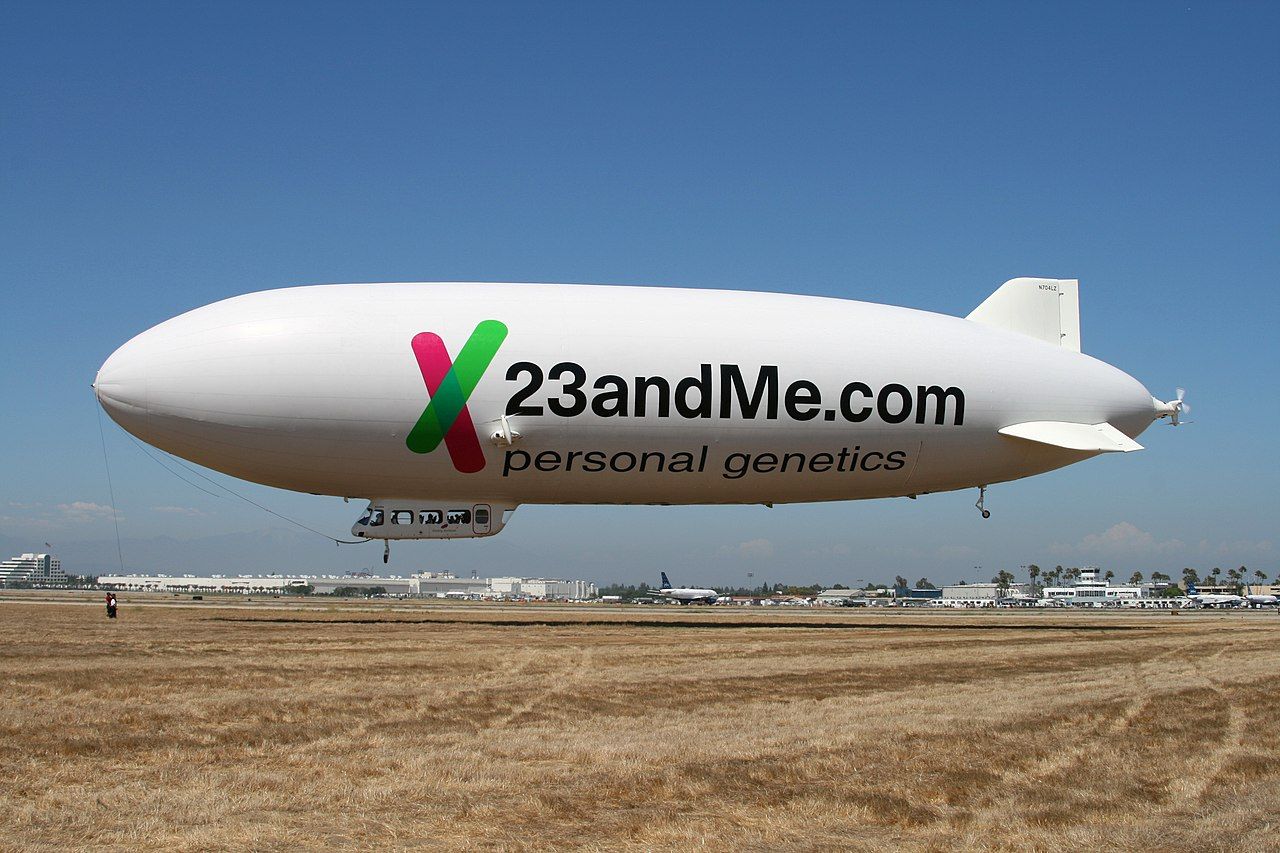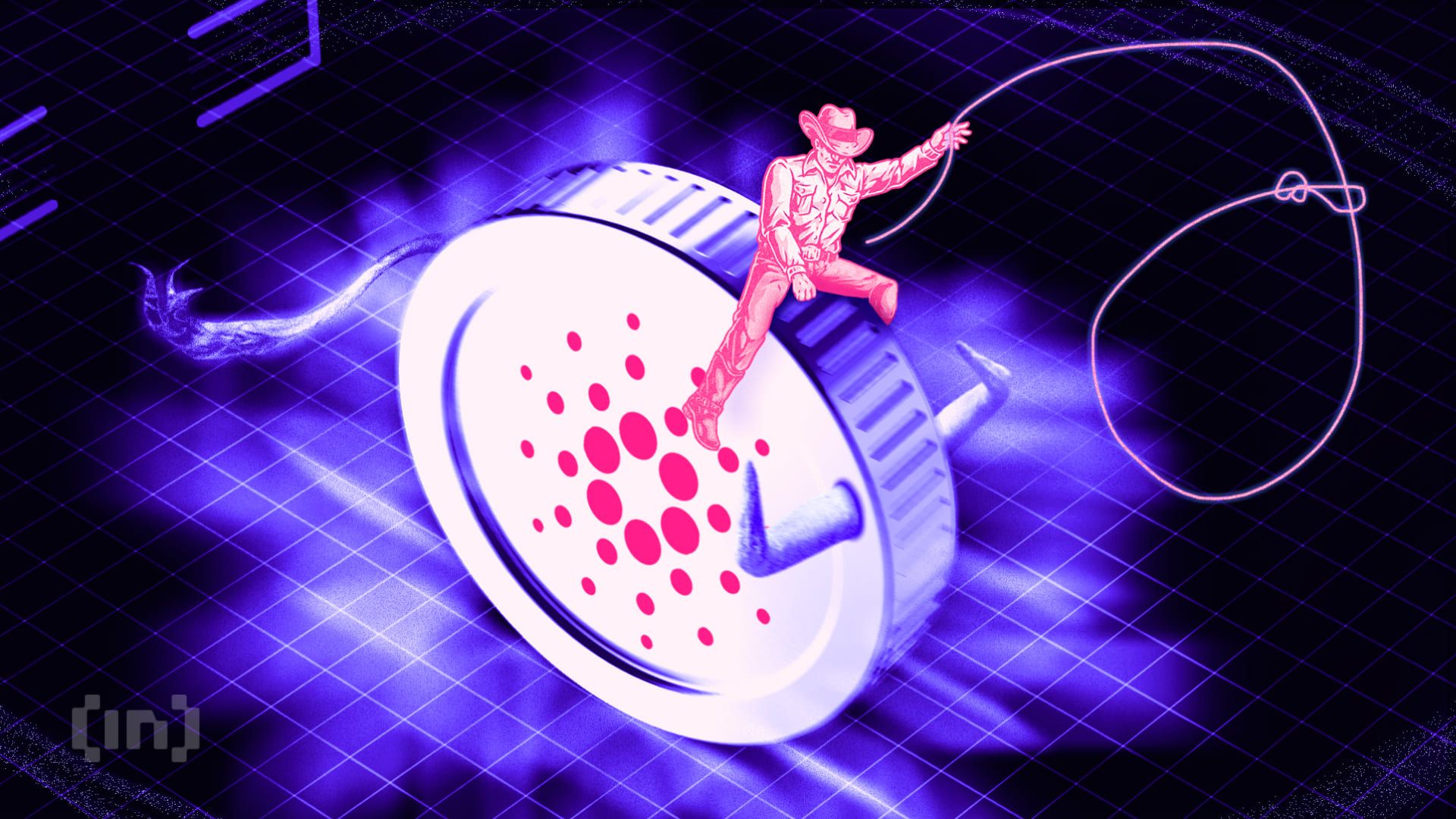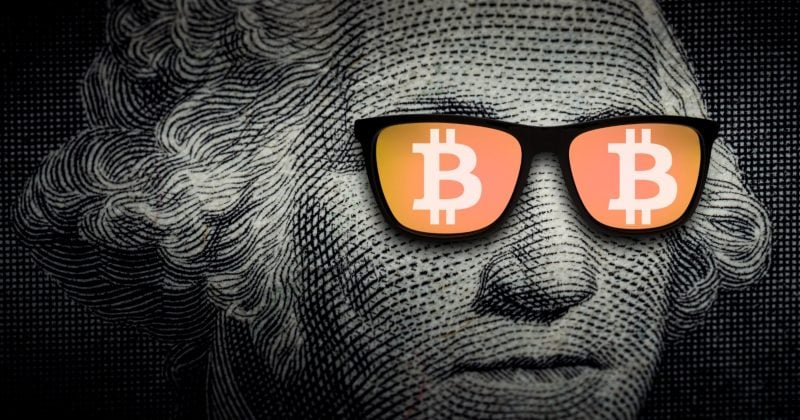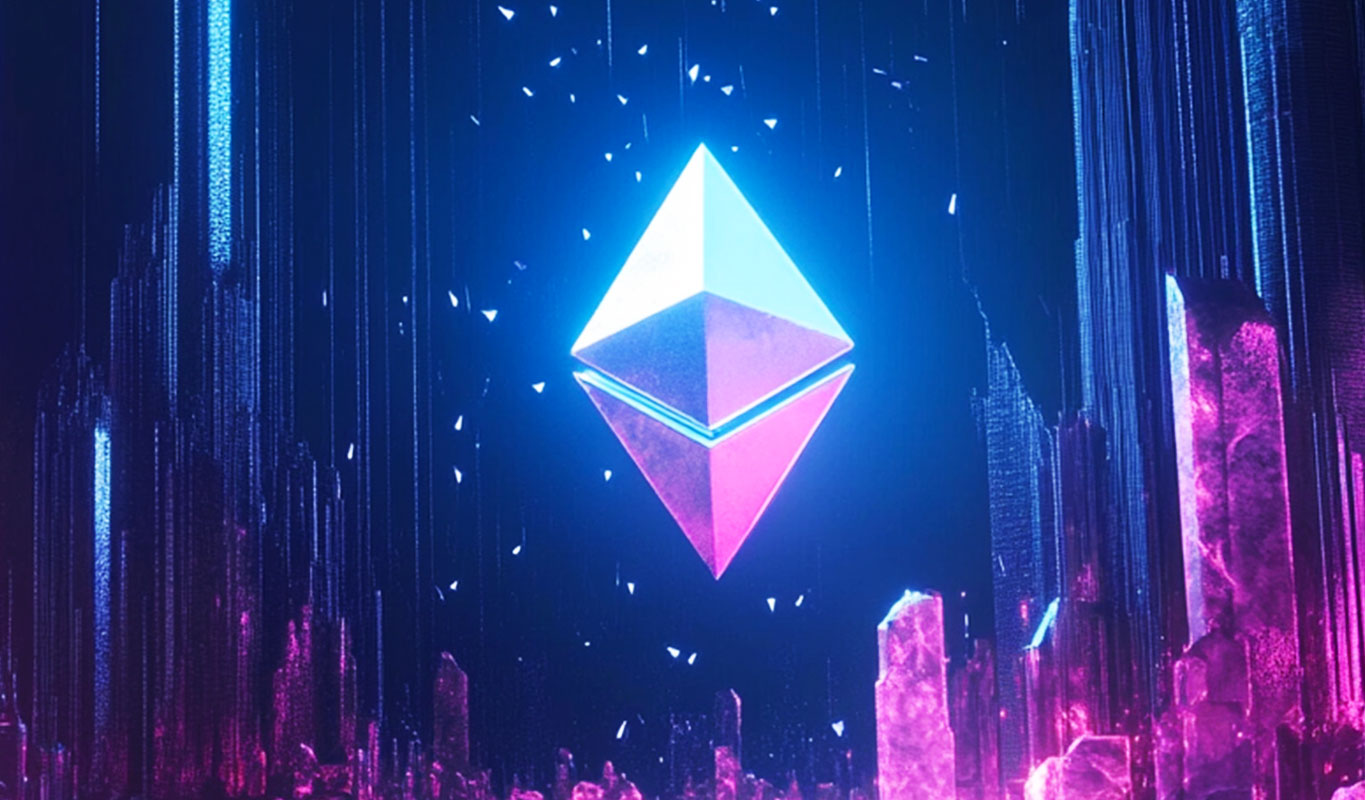Revolutionizing Personal Data: The Integration of 23andMe’s Genetic Data onto a Blockchain
The digital age has brought about an unprecedented shift in how we manage and utilize our personal data. From financial records to health information, the convenience of having all our data at our fingertips is undeniable. However, the question of ownership and control remains a contentious issue. Enter the world of blockchain technology and the potential integration of genetic data from companies like 23andMe.
The 23andMe-FoldedCoin Partnership
If the acquisition of 23andMe by FoldedCoin, a health-focused blockchain company, proceeds, the foundation plans to integrate 23andMe’s data onto its blockchain. This move aims to give users ownership of their genetic data, enabling them to control who has access to it and how it is used.
What Does This Mean for Users?
- Data Ownership: Users will have complete control over their genetic data, allowing them to decide who can access it and for what purposes. This could lead to more personalized healthcare and better privacy protection.
- Secure Storage: Blockchain technology offers a decentralized, secure way to store data, reducing the risk of data breaches and unauthorized access.
- Monetization: Users could potentially monetize their data by selling access to researchers, pharmaceutical companies, or insurance providers.
The Global Impact
Beyond individual users, the integration of genetic data onto a blockchain could have far-reaching implications for society as a whole. Here are some potential effects:
Healthcare
- More personalized and effective treatments based on an individual’s genetic makeup.
- Reduced healthcare costs by preventing unnecessary treatments and identifying diseases early.
- Improved public health initiatives through the analysis of aggregated genetic data.
Research
- Faster and more accurate drug development by providing researchers access to large, diverse datasets.
- Increased transparency and accountability in research practices.
- Improved collaboration between researchers, institutions, and industries.
Ethical and Privacy Considerations
- Addressing the ethical concerns around the use of genetic data, such as potential discrimination or privacy violations.
- Ensuring that individuals have control over their data and how it is used.
- Developing guidelines and regulations for the collection, storage, and sharing of genetic data.
Conclusion
The integration of 23andMe’s genetic data onto a blockchain represents an exciting step forward in the world of personal data management. This move not only empowers individuals to control their data but also has the potential to revolutionize healthcare, research, and privacy protection on a global scale. As the digital landscape continues to evolve, the integration of blockchain technology into our everyday lives will undoubtedly reshape the way we manage and utilize our most valuable asset – our data.
Stay tuned for more updates on this developing story.





